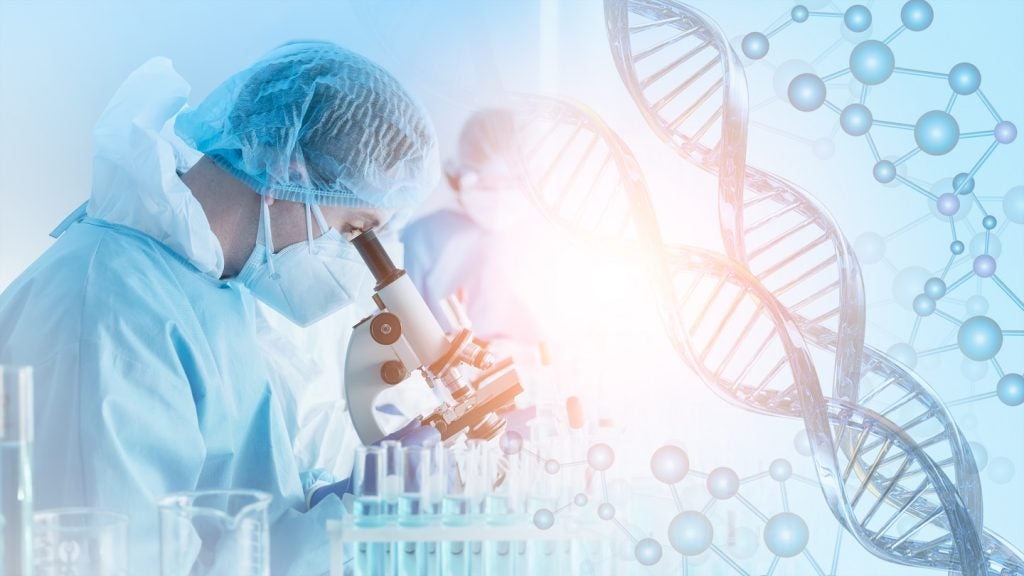
Google and Northwestern Medicine in the US have conducted a new study to assess the ability of an artificial intelligence (AI) technology to identify lung cancer.
Findings showed that a deep learning system was able to analyse low-dose chest computed tomography (LDCT) scans and detect malignant lung nodules with a capability that was on par with or better than radiologists.
The AI system is designed to offer an automated image evaluation system in order to improve the accuracy of early lung cancer diagnosis. It views the lungs in a single three-dimensional image.
When compared to radiologists, the system was observed to generate fewer false positives and fewer false negatives. In a clinical setting, the technology is expected to reduce the number of unnecessary follow-ups and missed tumours.
Northwestern University Feinberg School of Medicine anesthesiology research assistant professor Mozziyar Etemadi said: “AI in 3D can be much more sensitive in its ability to detect early lung cancer than the human eye looking at 2-D images. This is technically ‘4D’ because it is not only looking at one CT scan, but two (the current and prior scan) over time.”
In addition to primary CT scan, prior CT scans are considered useful to predict the risk of lung cancer malignancy as the growth rate of suspicious lung nodules is linked to malignancy.
How well do you really know your competitors?
Access the most comprehensive Company Profiles on the market, powered by GlobalData. Save hours of research. Gain competitive edge.

Thank you!
Your download email will arrive shortly
Not ready to buy yet? Download a free sample
We are confident about the unique quality of our Company Profiles. However, we want you to make the most beneficial decision for your business, so we offer a free sample that you can download by submitting the below form
By GlobalDataGoogle developed and trained the deep learning system with 2,763 fully de-identified, biopsy-confirmed LDCT scans from Northwestern Medicine.
The technology detects the region of interest and also if the region has a high risk of lung cancer.
Etemadi added: “The system can categorise a lesion with more specificity. Not only can we better diagnose someone with cancer, we can also say if someone doesn’t have cancer, potentially saving them from an invasive, costly and risky lung biopsy.”
Findings from the study have been published in the Nature Medicine journal.




